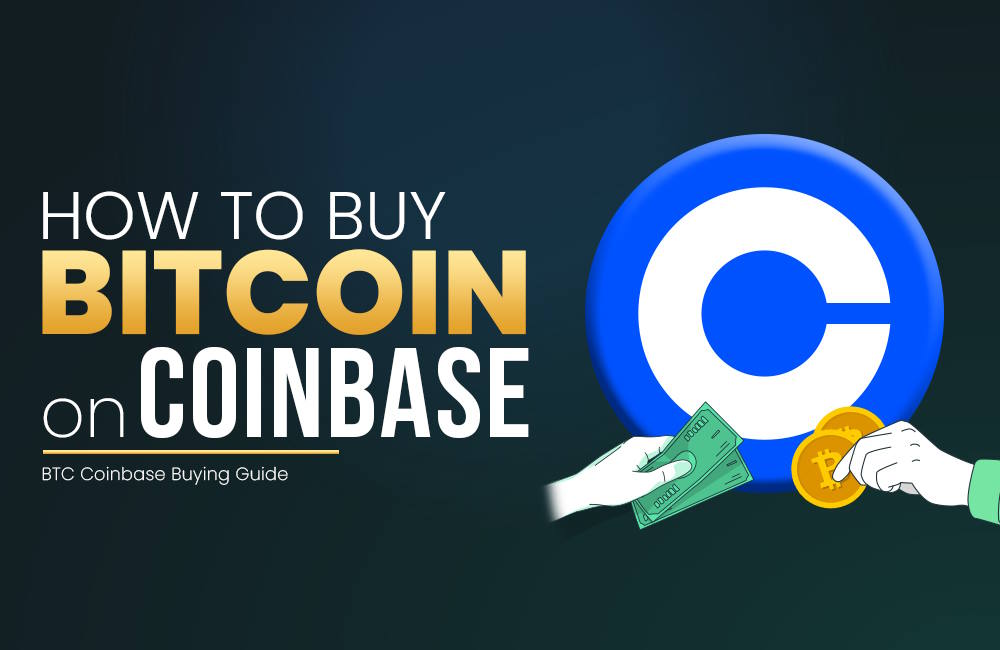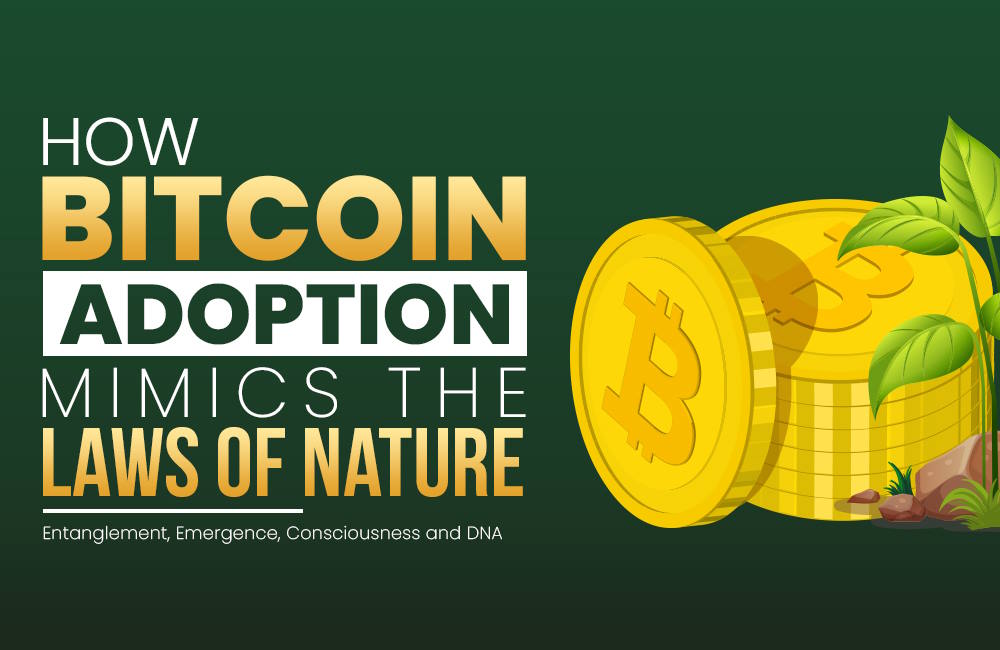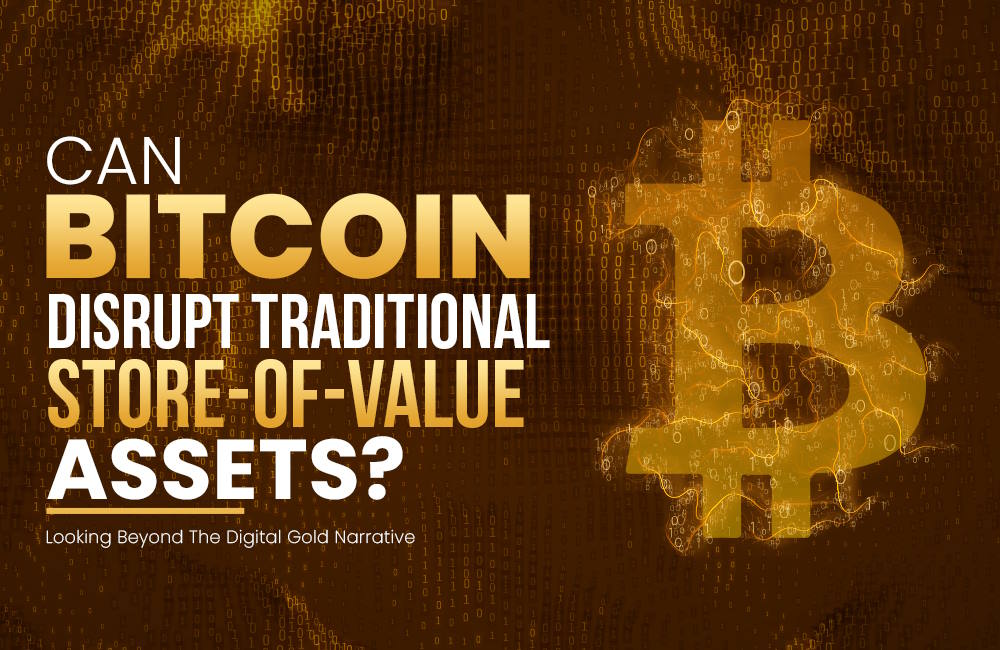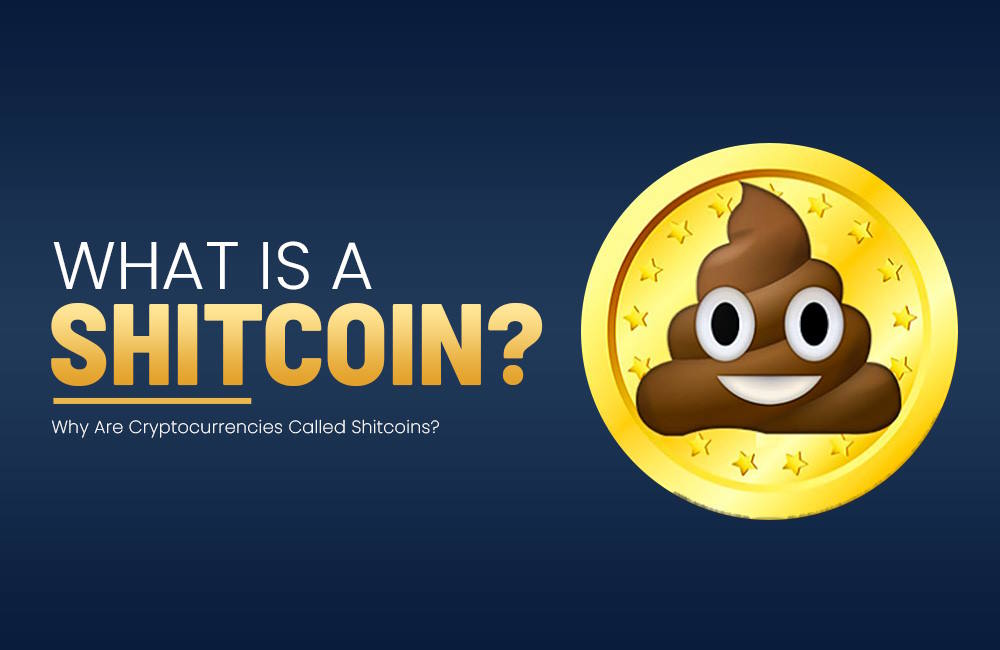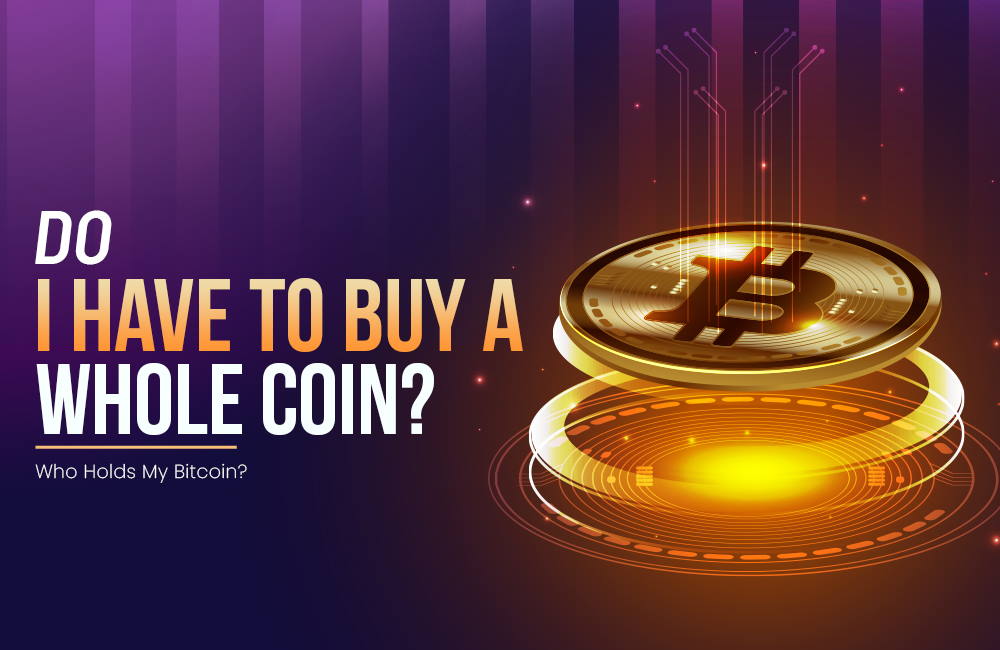
What we're talking about:
Do I Have to Buy a Whole Coin?
No, you don’t have to buy a whole bitcoin, but it’s a reasonable question to ask and you’re certainly not the first person to think of this.
Here’s an explainer on why you don’t need to spend ... when buying bitcoin, as well as a quick overview of where to store your BTC.
Digital Divisibility
As Bitcoin is a digital currency, the protocol allows for individual bitcoins to be divided into much smaller units called satoshis (in honor of its anonymous creator Satoshi Nakamoto). Each bitcoin is made up of 100 million satoshis, or sats as they are also referred to. This allows for very precise accounting as we can measure bitcoin transactions and account balances down to 8 decimal places. Through this cunning divisibility, the open-source protocol ensures that there will be enough bitcoin for everyone, even as the currency continues to scale and reach new frontiers.
Given the explosive rise of Bitcoin’s market price over the last decade, acquiring a whole coin has become increasingly difficult to achieve for less affluent investors. Not to be confused with nocoiners, people who have chosen not to enter the crypto ecosystem, a wholecoiner is the owner of an address that holds at least 1 BTC worth of satoshis.
Acquiring bitcoin
New investors looking to grow their stash of sats often find themselves trading market swings in search of better purchase prices. Guided by emotion, these purchases often turn out to be irresponsibly large or poorly timed.
Get $10 in Free sats from Swan Just for Creating an Account
More sophisticated investors have learned that trading is best left to the professionals and make use of a less stressful strategy for their purchases: Dollar Cost Averaging (DCA). Studies have shown that using an emotionless DCA strategy often outperforms trading over longer timeframes; perfect for those looking to include bitcoin into their long-term savings or retirement plans.
There are several DCA services available on the market today that can help with regular, automatic purchases and remove the emotion involved with negotiating bitcoin’s volatility. Once you draw up a budget and timeline for your investment (5% per paycheck for example), set the program to buy and let the prices average out.
“Time in the market beats timing the market.”
How to Store Your Bitcoin
Let’s get one thing straight, as this is one of the biggest misconceptions about Bitcoin. These virtual coins don’t actually move around or travel anywhere. The Bitcoin network is essentially a ledger that documents how much market share is owned by any particular address. In order for an address balance to increase or decrease, a transfer needs to occur.
A digital wallet is the software tool required to execute these transactions. Simply put, wallets provide users with a password-protected interface capable of telling the network that you want to transfer (a portion of) your share to another address. The overall market share is divided into 21 million digital units; these are the bitcoin.
So, what are your options for holding these coins? Generally speaking, it boils down to two categories: keeping your coins on an exchange or opting for self-custody.
Exchanges play an essential role in the Bitcoin ecosystem as they provide users with a gateway to trade fiat currencies for bitcoin and cryptocurrencies and vice versa. A good exchange will have impeccable security measures in place and should offer you the option to withdraw your coins into your own private wallet. Exchanges provide excellent user experience and serve as a good route to onboarding new participants. The downside is that they are real-world companies that are at risk of being hacked, having their assets frozen or seeing their legal status challenged. Most importantly, exchanges host the blockchain wallets and the passwords to your coins, not you.
Self-custody wallets on the other hand are free to use and offer users the chance to take full control of their coins, removing any risk of confiscation or spending limitations. The major concern with self-custody is that if you lose your password, you’ve permanently lost access to your coins. There is no customer service hotline on the blockchain.
Swan and River: Review Of Two Leading Bitcoin Platforms
The Bitcoin Journey Starts Here
Security, responsibility, financial sovereignty and convenience are just some of the elements that will form your personal decision when it comes to storing your bitcoin. Investing into Bitcoin is a journey best coupled with continuous learning and staying up to date with developments in the ecosystem.
Learning more about the various types of custody models available to Bitcoin users is a great place to start that journey.
What we're talking about:


